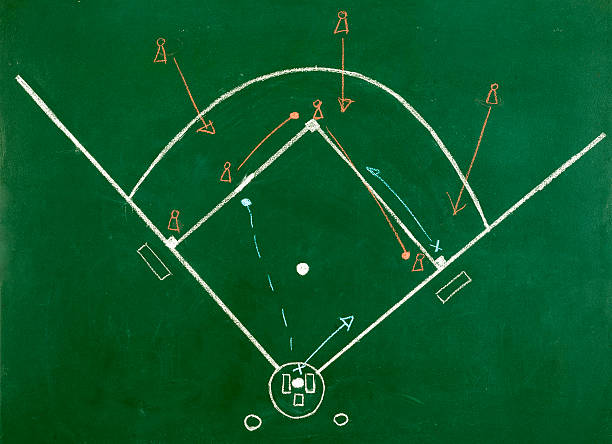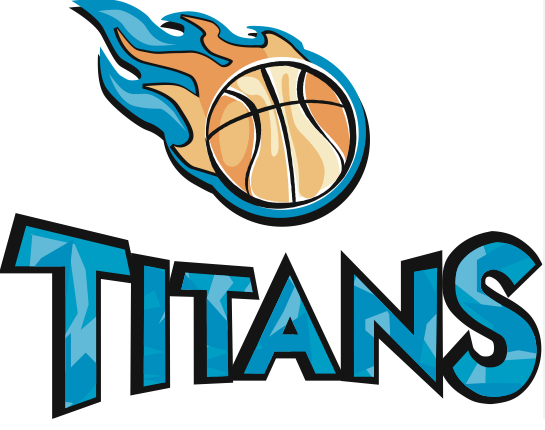In the realm of sports, where physical prowess and endurance are paramount, the importance of nutrition cannot be overstated. Athletes, regardless of their sport, rely on a well-balanced and carefully curated diet to fuel their bodies for optimal performance. Transitioning seamlessly from one stage of a workout or competition to another, nutrition plays a pivotal role in supporting athletes throughout their journey. In this article we, will look at Athletic Nutrition.
Fueling Performance: The Foundation of Athletic Success
To understand the importance of nutrition for athletes, one must first recognise it as the cornerstone of performance. Carbohydrates, proteins, and fats are the macronutrients that serve as the body’s fuel sources. Transitioning from a sedentary state to an active one requires a shift in energy utilisation. Carbohydrates, broken down into glucose, serve as the body’s primary energy source during high-intensity activities. Proteins aid in muscle repair and growth, while fats provide sustained energy during endurance exercises.

Pre-Game Preparation: Loading Up on Energy
Transitioning to the pre-game phase, athletes must focus on consuming a well-balanced meal that includes complex carbohydrates, lean proteins, and healthy fats. This ensures a gradual release of energy, sustaining them throughout the event. For example, a meal consisting of whole grains, lean chicken, and vegetables serves as an ideal pre-game fuel source. Transition words such as “firstly” and “secondly” guide the reader through the steps of optimal pre-game nutrition.
Intra-Game Hydration: Sustaining Performance Levels
Transitioning into the game itself, hydration becomes a critical component of nutrition. Dehydration can lead to a decline in performance, affecting endurance and cognitive function. Athletes must seamlessly integrate water and electrolyte-rich beverages into their routine, ensuring a steady transition from one phase of the game to another. Proper hydration not only supports physical performance but also aids in preventing injuries.
Post-Game Recovery: Repairing and Replenishing
Transitioning to the post-game phase, nutrition plays a vital role in recovery. Athletes need to replenish glycogen stores, repair muscle tissue, and reduce inflammation. Transition words like “subsequently” and “consequently” can be employed to emphasize the cause-and-effect relationship between post-game nutrition and recovery. A combination of carbohydrates and proteins in the post-game meal accelerates the recovery process, ensuring a seamless transition to the next training session or competition.
The Role of Supplements: Bridging Nutritional Gaps
In the pursuit of peak performance, athletes often turn to supplements to bridge nutritional gaps. Transition words like “moreover” and “additionally” can be used to introduce the benefits of supplements. While a well-balanced diet is crucial, certain vitamins, minerals, and performance-enhancing supplements can play a supplementary role in meeting an athlete’s specific nutritional needs. However, it is essential to approach supplementation with caution, consulting with healthcare professionals to avoid potential risks.
Individualized Nutrition Plans: Recognizing Diverse Needs
Athletes, with their varying training regimens and body compositions, require personalized nutrition plans. Transitioning seamlessly from one athlete’s nutritional needs to another, a tailored approach ensures that dietary recommendations align with individual goals and requirements. Transition words like “simultaneously” and “in contrast” can be employed to draw distinctions between the nutritional needs of different athletes, reinforcing the importance of individualization.
Beyond Physical Performance: The Mental Edge
Transitioning beyond the physical realm, nutrition also influences cognitive function and mental well-being. Nutrient-rich foods support brain function, enhancing focus, concentration, and decision-making skills. Transition words like “furthermore” and “equally important” can be utilized to emphasize the holistic impact of nutrition on an athlete’s overall performance and success.
Conclusion
In conclusion, the importance of nutrition for athletes is a multifaceted aspect that extends beyond mere sustenance. From fueling performance to supporting recovery and optimizing mental acuity, nutrition is the linchpin that allows athletes to seamlessly transition through various phases of their athletic journey. Recognizing the role of nutrition empowers athletes to make informed dietary choices, unlocking their full potential on and off the field.











